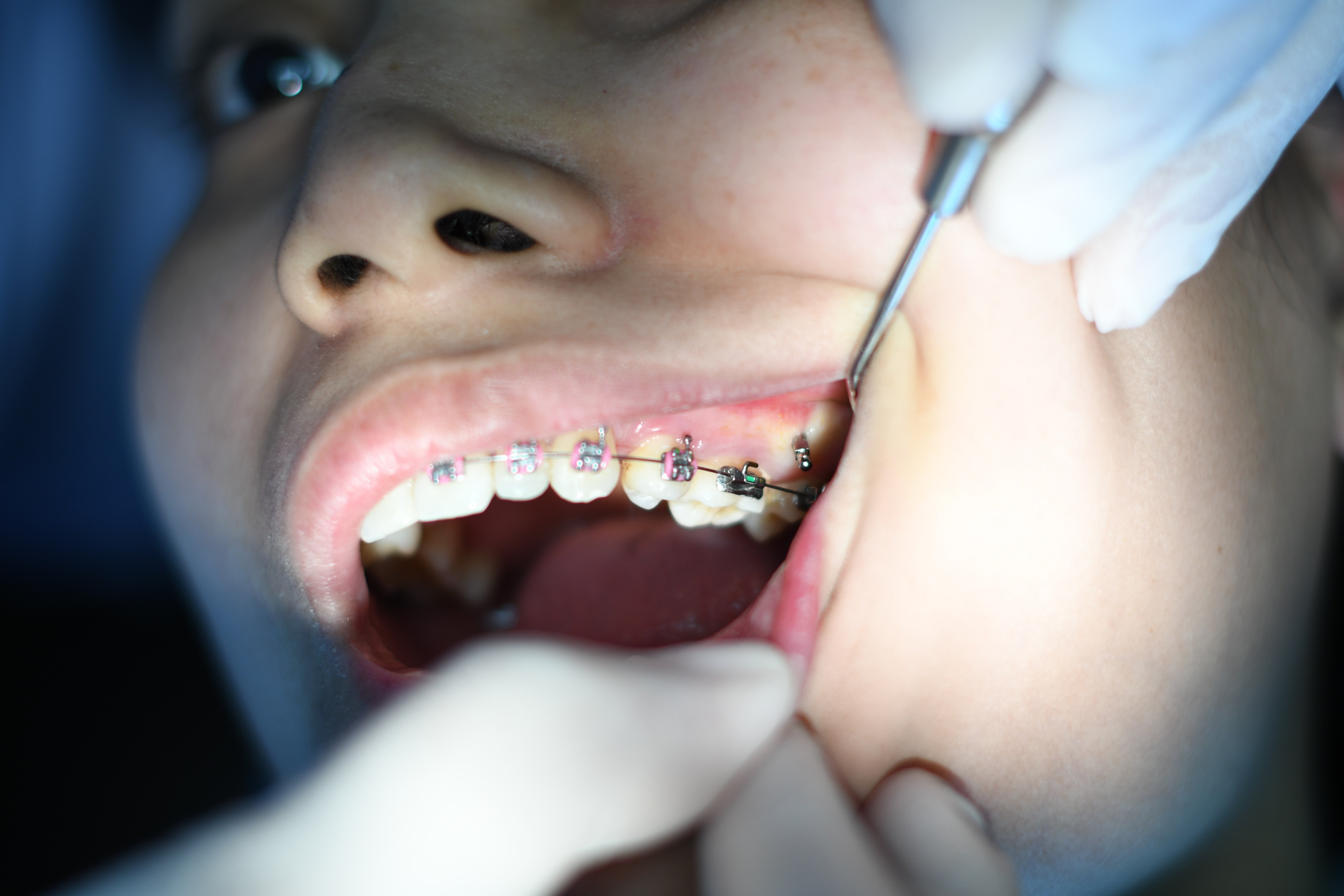Discover the common causes of toothache and gain a deeper understanding of the pain it brings.
What is a toothache?
A toothache refers to the pain or discomfort experienced in or around a tooth. It is often a result of an underlying dental problem and can vary in intensity from mild to severe. Toothaches can be a sign of tooth decay, gum disease, or other dental issues.
The pain from a toothache can be sharp, throbbing, or constant, and it may worsen with pressure or when consuming hot or cold foods and drinks. It is important to address a toothache promptly to prevent further damage and alleviate the pain.
Common causes of toothache
Toothaches can have various causes, and it is essential to identify the underlying issue to provide appropriate treatment. Some common causes of toothache include dental decay and cavities, gum disease and inflammation, and tooth trauma and fractures.
By understanding the common causes of toothache, you can take necessary precautions to maintain good oral health and prevent dental problems.
Dental decay and cavities
Dental decay, also known as tooth decay or dental caries, is one of the primary causes of toothache. It occurs when the protective layer of the tooth, called enamel, is damaged by bacteria and acids produced from the breakdown of sugars in the mouth.
If left untreated, dental decay can progress and lead to cavities, which are small holes in the teeth. Cavities can cause tooth sensitivity, pain, and discomfort, especially when consuming hot, cold, or sweet foods and drinks.
Gum disease and inflammation
Gum disease, also known as periodontal disease, is another common cause of toothache. It occurs when the gums become infected and inflamed due to the buildup of plaque and tartar along the gumline. The early stage of gum disease is called gingivitis, which can cause gum swelling, redness, and bleeding.
If left untreated, gum disease can progress to a more severe stage called periodontitis, which can cause toothache, gum recession, tooth mobility, and even tooth loss. Maintaining good oral hygiene practices, such as regular brushing and flossing, can help prevent gum disease and reduce the risk of toothache.
Tooth trauma and fractures
Tooth trauma and fractures can result from various factors, including accidents, sports injuries, biting hard objects, or teeth grinding. When a tooth is injured or fractured, it can cause severe toothache and sensitivity.
Treatment for tooth trauma and fractures may vary depending on the extent of the damage. In some cases, a dental crown or root canal treatment may be necessary to restore the tooth's structure and alleviate the pain.


